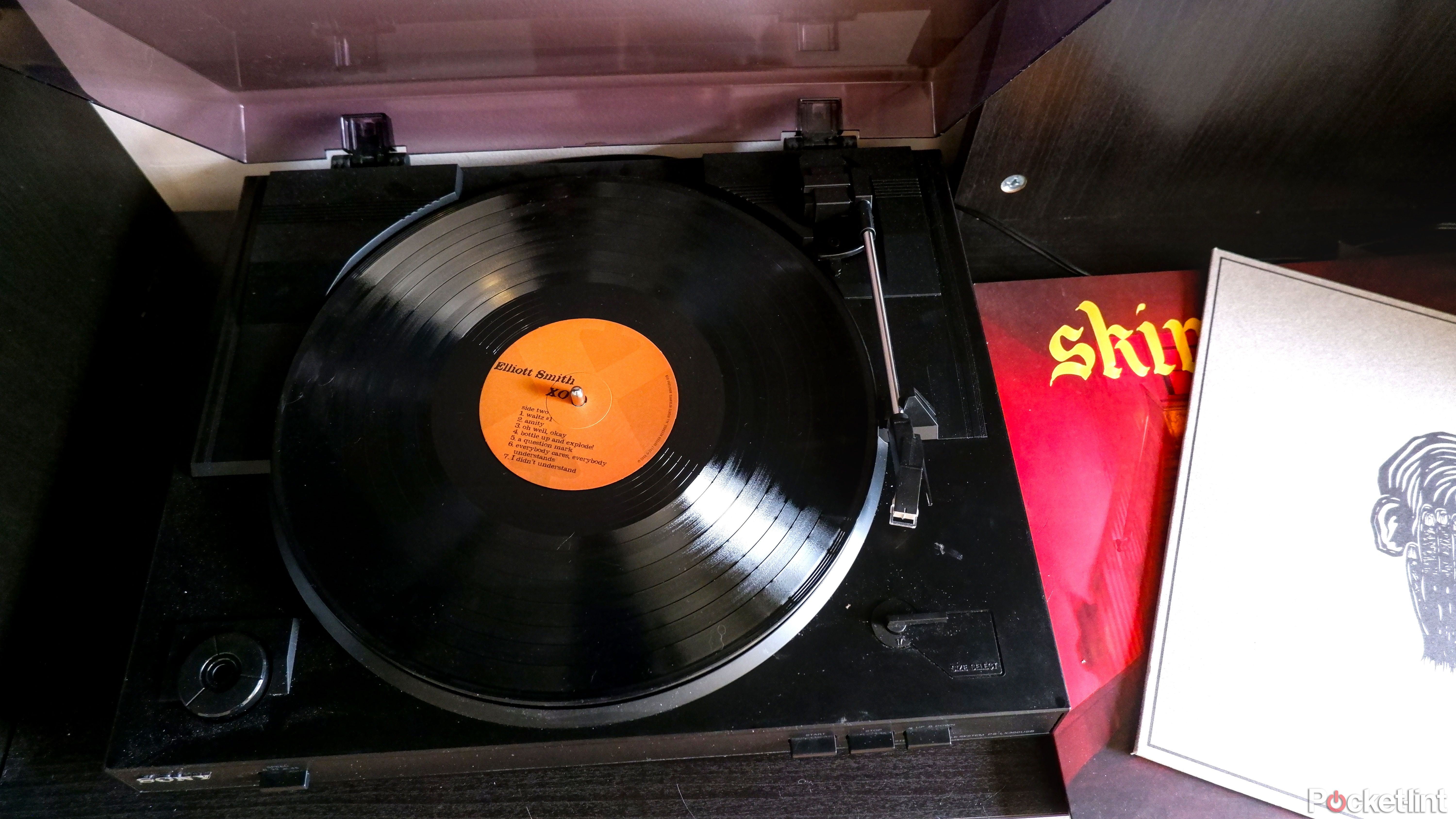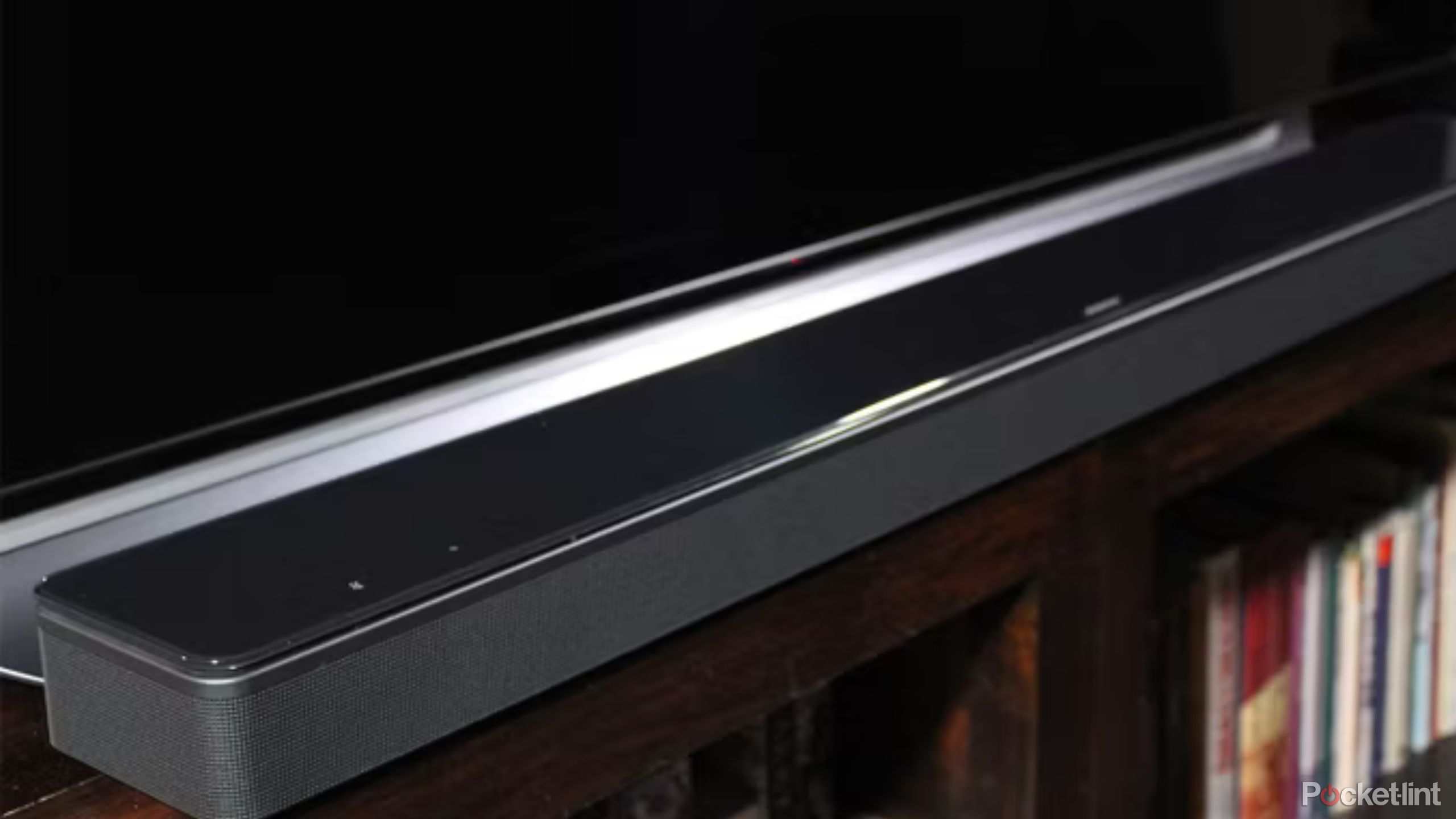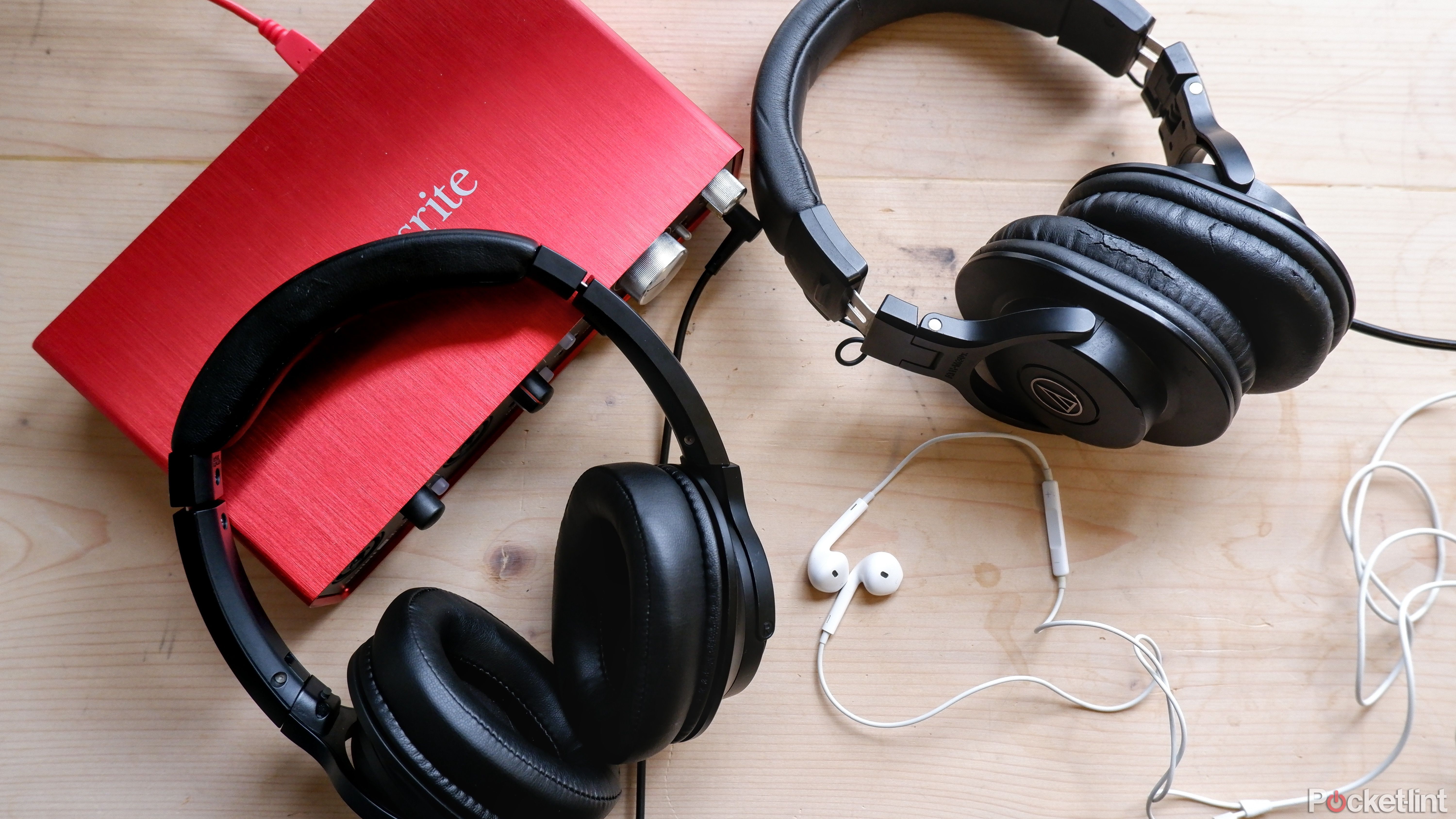Key Takeaways
- Lossless audio preserves original recording quality for an enhanced listening experience.
- Less compression in lossless audio allows for more dynamic range and subtle details in music.
- Investing in quality equipment like studio headphones enhances the benefits of lossless audio.
As a music lover and audio enthusiast, I’m glad lossless audio is gaining popularity and prioritization across streaming platforms, making it not only an analog for sound nerds like myself. With the streaming options available, as well as physical media like CDs and vinyl records, there are so many possibilities when it comes to listening to music in a lossless format.
Wired headphones are making a comeback, so what is lossless audio?
Wired earbuds are in again, ushering in lossless audio — which is bringing CD-like quality to the streaming era.
As more folks make the switch to lossless with their wired headphones in hand, I took some time to highlight an audiophile’s favorite lossless audio advantages, so a wide range of listeners can take advantage.
1 Lossless audio keeps the original recording intact
Less compression contributes to more valuable listening
With less compression, lossless audio allows users to hear the more subtle parts of a track that musicians and producers intended when mastering. Listening to music in its original intended form — or at least closer to it — makes me feel closer to the music in both a technical and emotional way, which is really valuable.
If you have well-trained ears, and you play an MP3 file and a FLAC file of the same song side-by-side, there’s a chance you’ll hear a bit of a difference between the two.
With less compression, I get to hear more of the track and what the musicians and producers intended with the way it was mastered.
When you listen to a lower bitrate, lossy, compressed audio file like an MP3, there’s a certain threshold of noise, below which you won’t be able to hear sounds in the recording. This baseline level of noise is called a noise floor. When you listen to a lossless, higher bitrate audio file like a FLAC, the noise floor is lower, allowing for greater dynamic range.
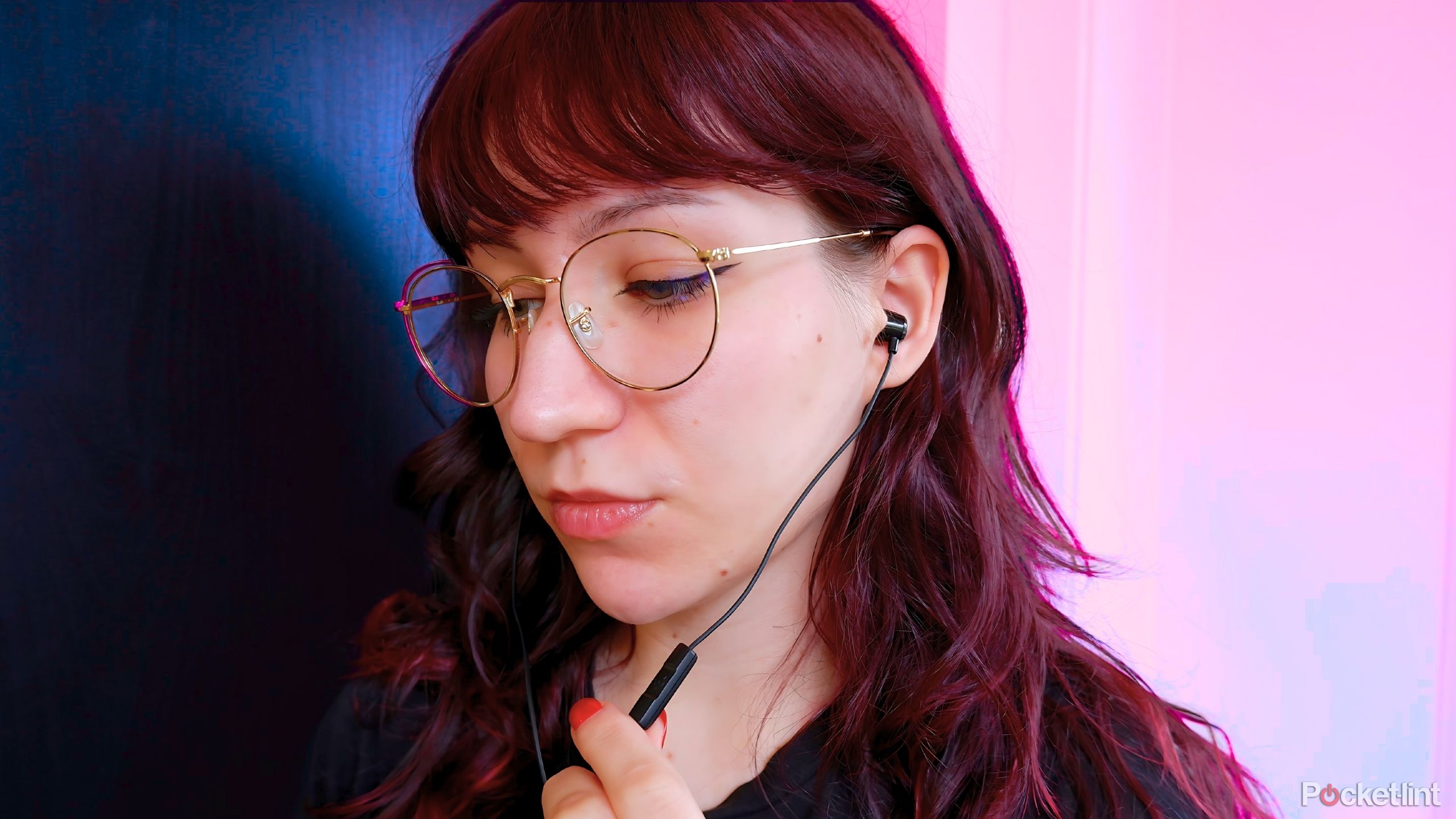
I tested popular wired headphones to find out which one had the best mic
Wired headphones are so back, so lets see how their microphones hold up.
Dynamic range refers to the potential difference between the loudest and quietest sounds on a recording. When compressing an audio file with a lossy codec, you lose some of that range, so the loudest and quietest sounds in the track sound much closer to each other than intended in the original recording, or you might not hear some quiet sounds altogether.
2 Speakers or studio headphones have more of an impact
Get the most out of your audio set up
If you’ve spent the money on the right equipment, you should do what you can to get the most out of it. And as understandable as it is to listen to MP3s on a daily basis, if you want to really embrace the money you’ve spent on equipment, I recommend listening to lossless audio to do so.
For example, I have a pair of studio headphones, the Audio-Technica ATH-M30x. These headphones have a flatter frequency response than consumer headphones, and are great for both audio production and listening to music the way it was intended when recorded. Why spend money on a pair of headphones like that if I’m only ever going to listen to lossy audio files?
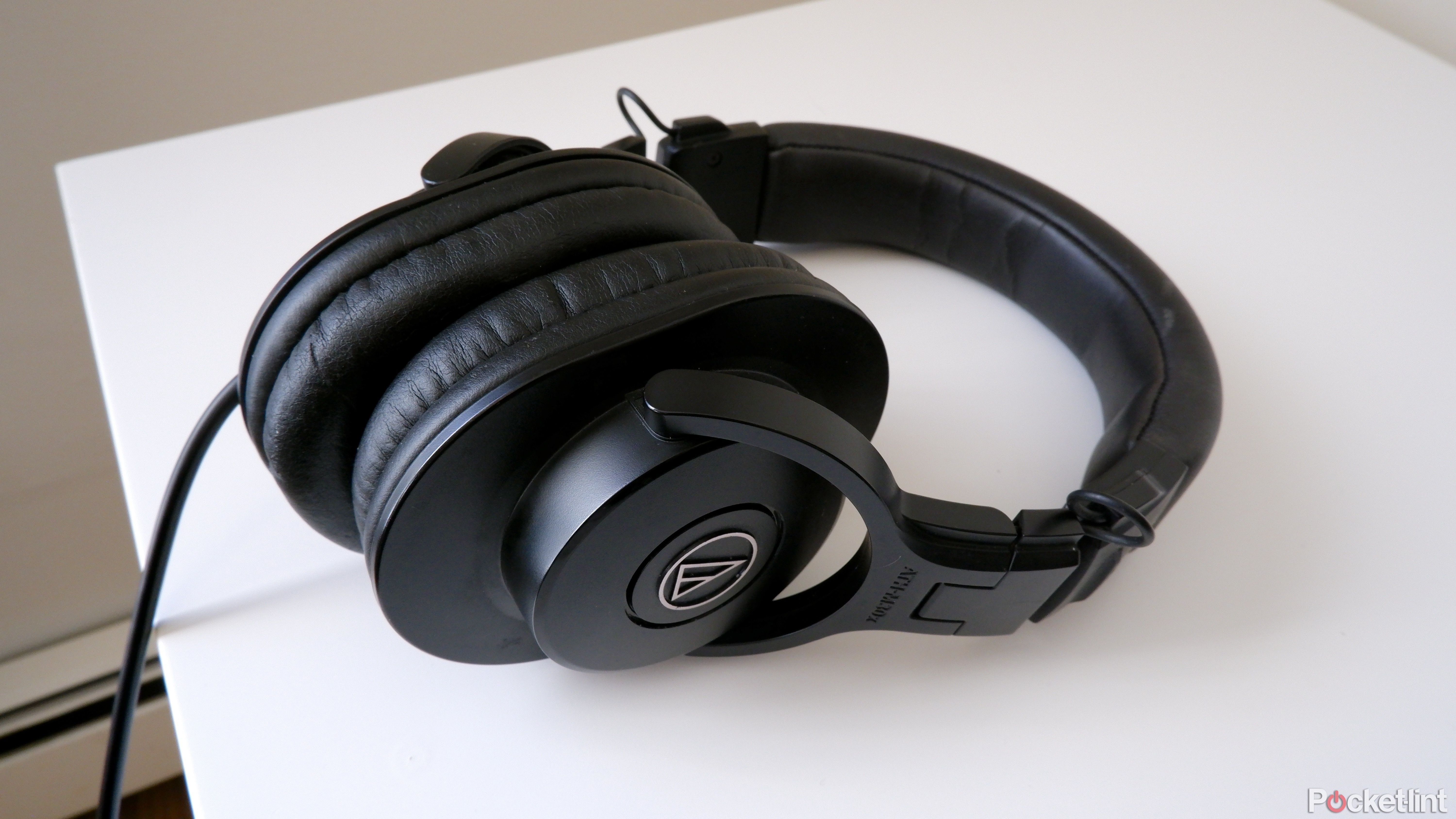
These Audio-Technica headphones bring flat, studio quality sound for less
Audio-Technica’s more affordable studio headphones still hold up years later.
If you have a Tidal or Apple Music subscription, you might as well use the lossless audio option if you have the equipment to listen to it. Otherwise, what are you paying for?
If you have a great set of speakers in your home, why not make the most out of them by listening to CDs and vinyl records as well as the usual audio you stream from your phone or computer? It just makes sense to make the most of what you have, and know what you’re capable of doing with it. Plus, if you have a Tidal or Apple Music subscription, you might as well use the lossless audio option if you have the equipment to listen to it. Otherwise, what are you paying for?
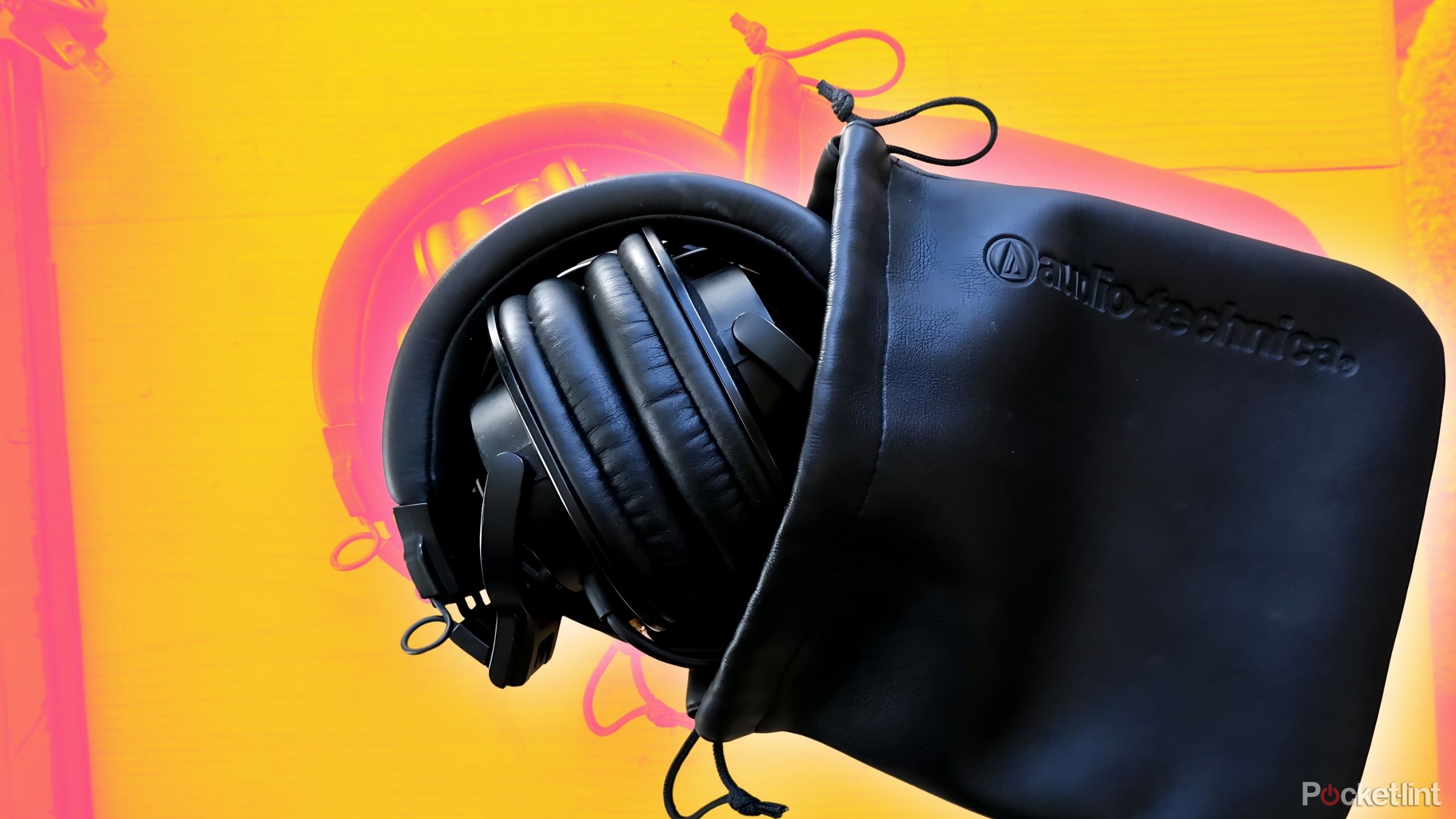
5 reasons I’d buy Audio-Technica headphones over Sony studio headphones
As a musician, I love Audio-Technica’s studio headphones for great performance on a budget.
3 Lossless audio lends itself to closer listening
Train your ears to hear the difference
Perhaps you’re new to lossless audio and don’t think you have the ear to hear the difference. Or you’ve listened to an MP3 and a FLAC side-by-side and didn’t hear a difference. With some practice in close-listening, you can get to a point where you hear a difference. Developing an adept ear takes time, and you have to know what to look out for, but once it’s apparent, you’ll be quite proud of yourself, like I am every time I can identify that something sounds less noisy in a FLAC than the MP3 version.
Listening to lossless audio regularly can help you notice those subtleties in tracks that you might not have noticed otherwise. Maybe you’ll realize that one of the instruments in one part of the song you’re listening to is actually supposed to be really quiet, but because of lossy compression, it sounded a lot more similar to the other instruments in the song. Maybe you’ll notice that the song feels much more “clear” with a lower noise floor.
I highly recommend side-by-side listening if you want to understand compression better, as everything will begin to make a lot more sense.
The possibilities are endless, and once you start to notice these things, you’ll feel like you understand the intricacies of the music you’re listening to so much better. The ultimate goal is to feel like the instruments are being played in the same room as you, and learning to hear those differences with quality equipment and music takes you another step closer to feeling that.
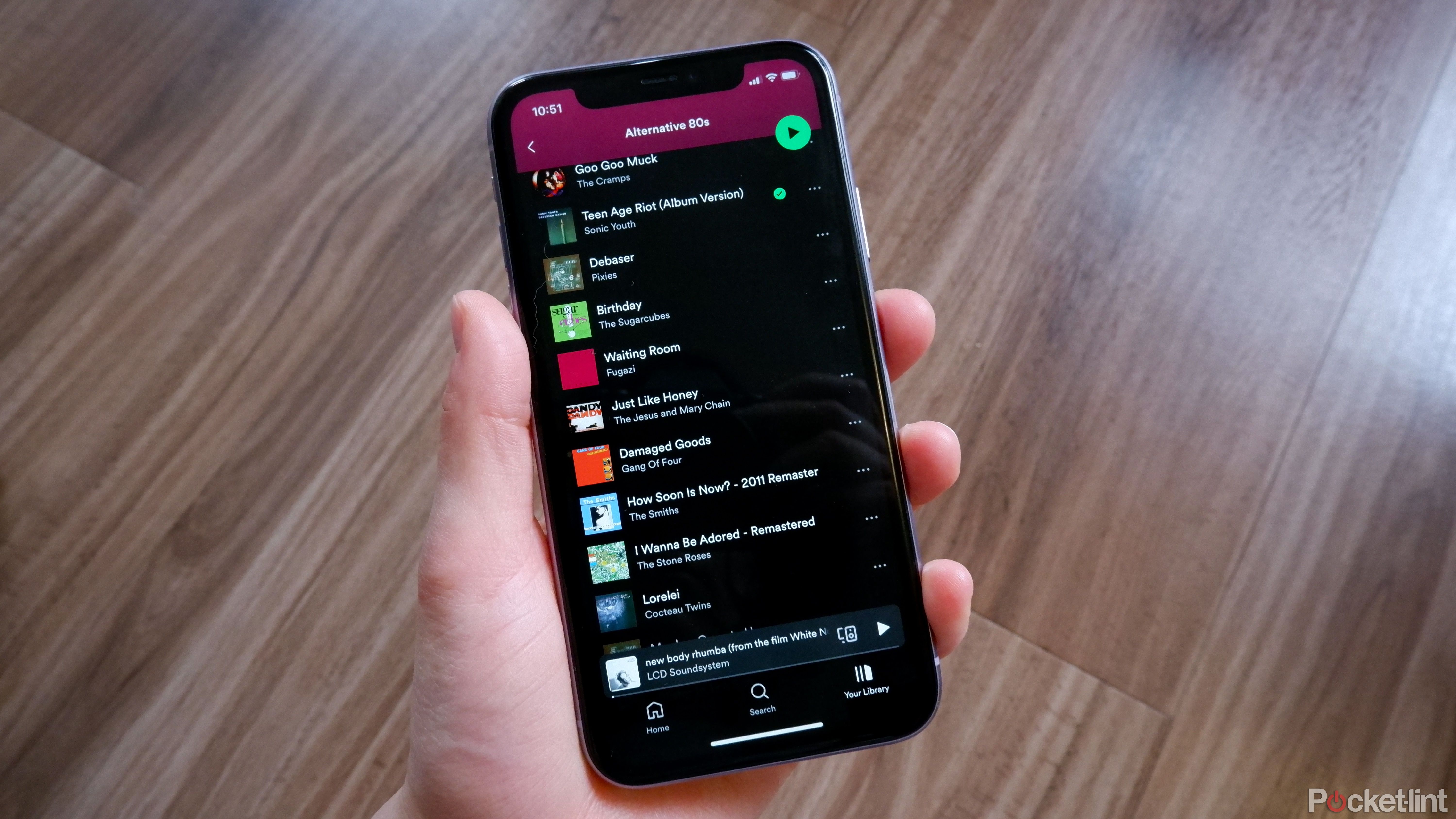
Lossless audio might be coming to Spotify — here’s what we know
Spotify Hi-Fi keeps getting delayed, so what gives? There are some new rumors — and perhaps new features.
The ultimate goal is to feel like the instruments are being played in the same room as you, and learning to hear those differences with quality equipment and music takes you another step closer to feeling that.
I personally had a hard time telling the difference between higher bitrate lossless audio and lower bitrate lossy audio until I listened to really well-produced albums closely, like Rage Against The Machine’s self-titled album. Listening to the CD version of the album side-by-side with the same album on Spotify with studio headphones helped me grasp the concept of dynamic range better than just reading about it on Wikipedia.
Trending Products

Cooler Master MasterBox Q300L Micro-ATX Tower with Magnetic Design Dust Filter, Transparent Acrylic Side Panel…

ASUS TUF Gaming GT301 ZAKU II Edition ATX mid-Tower Compact case with Tempered Glass Side Panel, Honeycomb Front Panel…

ASUS TUF Gaming GT501 Mid-Tower Computer Case for up to EATX Motherboards with USB 3.0 Front Panel Cases GT501/GRY/WITH…

be quiet! Pure Base 500DX Black, Mid Tower ATX case, ARGB, 3 pre-installed Pure Wings 2, BGW37, tempered glass window

ASUS ROG Strix Helios GX601 White Edition RGB Mid-Tower Computer Case for ATX/EATX Motherboards with tempered glass…


